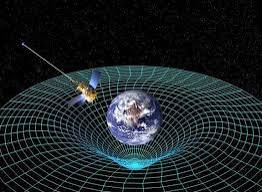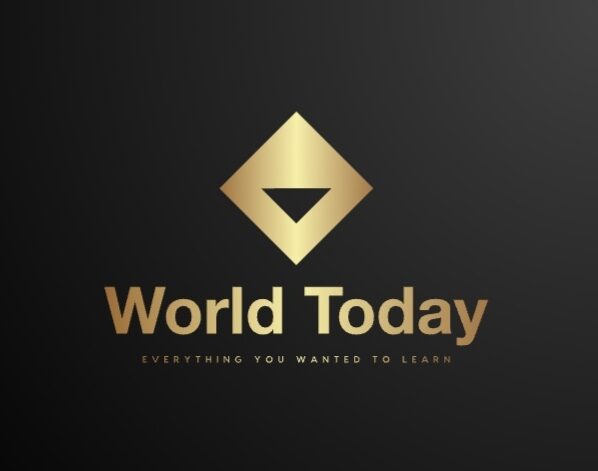
Introduction
Albert Einstein’s theory of relativity—both Special Relativity (1905) and General Relativity (1915)—revolutionized physics. Despite its success, many scientists have attempted to challenge it. Some sought to prove the existence of an aether, others questioned the nature of time and space, and modern physicists continue searching for a quantum theory of gravity that might replace relativity.
This article explores those challenges—some that failed, some that raised profound questions, and some that continue to push the limits of physics today. Along the way, we’ll also examine Einstein’s own reactions to these alternative ideas.
1. Early Challenges (1905–1950s): The Aether Debate and Skepticism
Hendrik Lorentz and the Aether Theory

Before Einstein, physicists believed that light traveled through an invisible medium called the “luminiferous aether.” Hendrik Lorentz and others modified classical physics to explain why experiments like Michelson-Morley (1887) failed to detect this aether.
Einstein’s Opinion:
Einstein’s Special Relativity discarded the aether entirely. He found the concept unnecessary, stating that Maxwell’s equations worked perfectly well without it. Later, he softened his stance slightly, saying, “Since the Special Theory of Relativity has shown that the ether does not exist in the old sense, the question as to whether it must be reintroduced in another form is left open.”
Dayton Miller’s Ether Drift Experiments

Dayton Miller claimed in the 1920s that he had detected a weak ether drift effect. Some saw this as a challenge to Einstein, but later studies attributed the results to temperature variations and instrumental errors.
Einstein’s Reaction:
Einstein initially took Miller’s findings seriously but later dismissed them when independent experiments failed to replicate the results. He wrote in a letter, “The trouble with Dayton Miller’s work is that he is not inclined to consider the possibility of experimental errors.”
Herbert Dingle and the Twin Paradox Debate
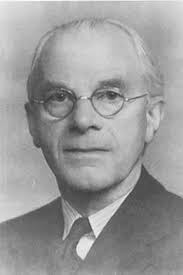
Herbert Dingle, once a supporter of relativity, later argued that the famous “twin paradox” (where a traveling twin ages slower than a twin on Earth) was logically inconsistent. However, physicists demonstrated that Dingle misunderstood the effects of acceleration and reference frames.
2. Quantum Mechanics vs. Relativity: A Clash of Giants
Einstein’s Own Doubts: The EPR Paradox
Einstein himself challenged quantum mechanics through the Einstein-Podolsky-Rosen (EPR) paradox, arguing that quantum entanglement implied “spooky action at a distance,” contradicting Special Relativity. However, experiments confirmed quantum mechanics, forcing physicists to reconcile it with relativity.
Einstein’s View on Quantum Mechanics:
Einstein never fully accepted quantum mechanics. He famously stated, “God does not play dice with the universe.” He disliked the idea of randomness and believed quantum mechanics was incomplete.
Bohmian Mechanics and Hidden Variables
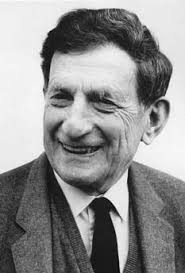
David Bohm developed an alternative deterministic interpretation of quantum mechanics, suggesting hidden variables that predetermine outcomes.
Einstein’s Reaction:
Einstein was initially intrigued but ultimately rejected Bohm’s theory because it required nonlocal influences—faster-than-light interactions, which violated Special Relativity.
3. Alternative Gravity Theories & Failed Disproofs (1950s–1990s)
Paul Dirac’s Varying Constants Hypothesis
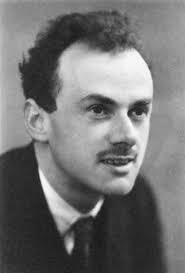
Paul Dirac speculated that fundamental constants (like the gravitational constant G) might change over cosmic time.
Einstein’s View:
Einstein was skeptical of varying constants, believing that physical laws should be universal and unchanging. His General Relativity equations assume G is constant.
Brans-Dicke Theory: A Competitor to Einstein
Robert Brans and Carl H. Dicke modified General Relativity by introducing a changing gravitational constant.
Einstein’s Opinion (Precursor Ideas):
Einstein had rejected earlier theories of modified gravity, stating that the elegance and experimental success of General Relativity made major modifications unnecessary.
MOND: A Challenge from Galaxy Rotation Curves
Mordehai Milgrom, in the 1980s, developed Modified Newtonian Dynamics (MOND) to explain galaxy rotation curves without dark matter.
Einstein’s Possible View:
Einstein died before MOND, but he was deeply committed to General Relativity’s predictions. He believed in a deterministic and elegant universe, making it unlikely he would have favored MOND over relativity’s explanations.
4. Modern Challenges (2000s–Today): Pushing the Limits
Quantum Gravity and Relativity Conflicts
The biggest unresolved problem in physics is unifying General Relativity with quantum mechanics. Leading theories include:
- String Theory – Attempts to unify gravity with quantum physics but has yet to make testable predictions.
- Loop Quantum Gravity – Suggests spacetime is quantized, potentially modifying relativity at the smallest scales.
Einstein’s Stance on Unification:
Einstein spent the last decades of his life searching for a unified field theory, attempting to merge gravity with electromagnetism. While modern physics seeks to unify relativity with quantum mechanics, Einstein’s approach ultimately failed.
Gravitational Wave Anomalies
LIGO’s detection of gravitational waves confirmed General Relativity, but some researchers suggest potential deviations that could indicate new physics.
Tests of Lorentz Invariance: Searching for Violations
Physicists continue testing Lorentz Invariance—the foundation of Special Relativity—by looking for deviations at high energies. Some quantum gravity theories predict violations, but no evidence has yet been found.
5. The Biggest Question: Was Anyone Close to Disproving Relativity?
Despite many attempts, relativity remains one of the most successful theories in science. Some theories, like MOND or Brans-Dicke gravity, have provided alternative explanations but fail in certain tests where General Relativity succeeds.
The biggest unresolved issue remains unifying relativity with quantum mechanics—an area where Einstein’s theory might one day be modified or replaced.
6. Conclusion: The Future of Relativity
Will relativity ever be disproven? Perhaps not entirely—but physics is always evolving. Whether through quantum gravity, alternative interpretations of space-time, or yet-undiscovered principles, the search for deeper truths continues.
Einstein himself knew that no theory is ever final. He once wrote, “No amount of experimentation can ever prove me right; a single experiment can prove me wrong.”
For now, his masterpiece remains the best description of the universe we have—but history has shown that even the most unshakable theories can be challenged.
